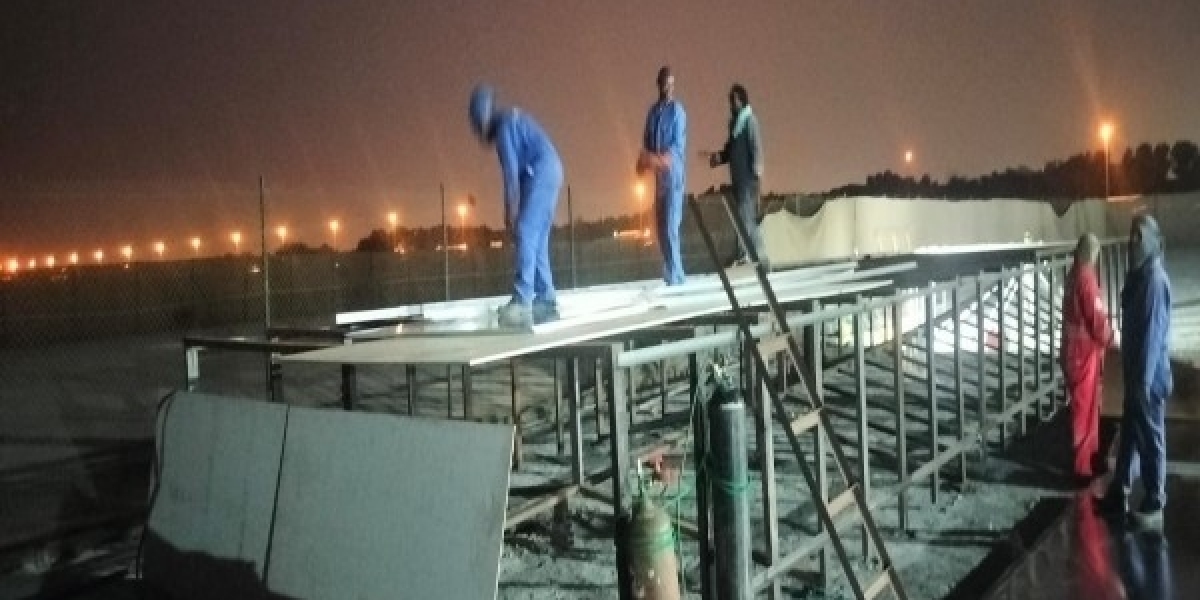Modern shipbuilding companies are redesigning the future in global maritime transport. The rapid growth of trade, stricter climate rules, and increased demand for safer, smarter vessels have driven builders to innovate faster than ever. Their work influences how ships operate, how they save fuel, and how they stay safe at sea. Every step forward in ship design shows the direction shipping will go in the years ahead.
1. Cleaner Ships Built for Lower Emissions
Stricter environmental rules around the globe have forced major changes in vessel design. Shipping generates close to 3 percent of global CO₂ emissions, and new policies are targeting a 40 percent reduction by 2030 compared with 2008 levels. Builders now put much more emphasis on cleaner engines, alternative fuels, and hybrid systems.
More than 35 percent of all new ship orders in 2024 included alternative fuel setups like LNG, methanol, hydrogen, or hybrid electric systems. LNG is able to reduce CO₂ by about 20 percent and cut sulfur almost completely. Methanol produced from renewable sources is gaining strong interest. Hydrogen and ammonia are growing through pilot projects and early testing.
VU Marine works on flexible fuel systems, helping operators reduce their emissions without having to wait for full global fuel infrastructure.
2. Digital Tools and Smarter Design
Regions that heavily invest in state-of-the-art shipyards have started to surge ahead in digital innovation. For instance, ship building companies in UAE are integrating advanced digital systems to enhance vessel monitoring and navigation. The trend is not different from the global one. More than 60 percent of new commercial vessels in 2023 came with integrated digital platforms.
These tools provide real-time information on fuel use, weather, engine health, and safety risks. Predictive analytics can cut fuel use by 10 to 15 percent, while digital twins can reduce unplanned breakdowns by about 40 percent. Builders use these tools to design ships that run smoother and remain reliable under tough conditions.
VU Marine designs ships ready for AI-based navigation, automated maintenance alerts, and continuous performance tracking.
3. High-strength materials and faster construction
Better materials and automation are changing the industry. High strength steel reduces the weight without losing the durability of the vessel. Composites help to eliminate corrosion and may increase ship life by as much as 30 percent. Automation speeds construction while improving accuracy.
Robotic welding systems offer accuracy up to 99 percent and save up to 20 percent of time in the production process. The computer-controlled cutters ensure cleaner designs and reduce waste. Even ship manufacturing companies in UAE have started adopting these technologies to meet global standards.
These modern techniques are being employed in building stronger, lighter, and more fuel-efficient vessels by VU Marine.
4. Autonomous and Semi Autonomous Operations
Autonomous ships are a major part of the future. Nearly 25% of new ship designs in 2024 included some level of autonomous capability. These ships use sensors, AI, and advanced communication tools to support navigation and collision avoidance.
Human error accounts for over 70 percent of maritime-related accidents. These risks are reduced with the use of autonomous systems, which even help improve route planning. The systems also lower operation costs through consistency in efficiency. Automation growth has led to increased smart support systems' demands, including advanced marine services in UAE supporting maintenance, data analysis, and vessel monitoring.
VU Marine develops upgrade-ready designs so that ship owners can increase automation step by step.
5. Better Safety Through Engineering
Safety continues to be one of the paramount concerns as cargo worldwide increases. Better hull designs, fire-resistant materials, and sophisticated stability systems can be seen today in various ships built by top shipbuilding companies across the world.
Modern flood control systems automatically seal damaged sections and, by reducing the risk of sinking, can decrease it by up to 60 percent. Smart alarms with real-time sensor data detect genuine threats while avoiding false warnings. Enhanced fire suppression systems react faster and cover larger areas.
VU Marine incorporates advanced safety systems into every design to safeguard crews, cargo, and the vessel itself.
6. Sustainability and Easy Recycling
Today, ship builders consider a vessel's entire life cycle when designing and constructing. If designed correctly, up to 90 percent of a ship can be recycled. Builders are now using modular components that are more easily removable, reusable, or replaceable. Hazardous materials are being phased out and replaced with safer options.
Cleaner and safer dismantling is encouraged by EU regulations, as well as other global standards. Sustainable design helps the environment and reduces long-term costs for operators.
This approach is followed by VU Marine through the construction of ships that will generate less waste and support long-term environmental objectives.
7. Improved Cargo Efficiency and Energy Saving Designs
Global container movement is expected to increase from about 180 million TEUs in 2023 to over 240 million TEUs by 2030. Builders are responding with smarter cargo systems and more efficient hull designs.
Automation of cargo handling reduces loading times. Smart containers with digital tracking increase security and transparency. Efficiency up to 8 percent is achieved by air lubrication systems and advanced propeller designs. Improved bow shapes reduce drag and save fuel on long routes.
VU Marine includes these energy saving upgrades to help operators move more cargo while using less fuel.
Final Thoughts
The way the next generation of vessels is designed by builders will determine the future of shipping. Clean energy systems, digital tools, autonomous technology, stronger materials, improved safety, and sustainability over the long term are shaping a new maritime era. This new path is represented by VU Marine. Its focus on innovation, reliability, and environmental responsibility shows how shipbuilding is evolving to meet global demand.









